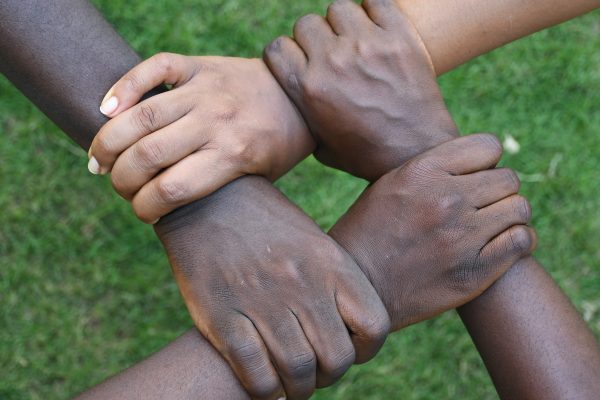The rise of the death cult ISIS has led to human tragedy on an epic scale, with millions of people forced to flee because of the barbaric practices, genocide, and ethnic cleansing carried out by this group on people in Iraq and Syria, and is now expanding to other parts of the world.
In Iraq over 3 million people have been displaced from their homes, tens of thousands have been killed and injured by ISIS, some have been enslaved, others executed publicly, all due to the extremist ideology of a group legislating its behaviour on Islam as practiced by the Prophet. Heritage sites have been destroyed, libraries burned, churches and mosque desecrated, in a manner that is proudly publicised for the world to see. Unfortunately the people most affected by ISIS are Muslims themselves, and it seems that the large body of Muslims is in need of a wake-up call in order to deal with this threat that is trying to entrench itself, possibly for generations.
Of course most onlookers will point to the religious fervour that drives groups like ISIS but beneath it all we see an attempt to gain power and control – the element that drives nearly all conflict in the world. The manner in which ISIS pursues this is more extreme than what we have seen before but it is nonetheless the same; using religion as a means to attack others. So the flag, the speeches, the slogans, the scriptures quoted, are all part of an effort to justify an evil agenda and convince ignorant Muslims that their cause is just.
This sort of behaviour has occurred before in the Muslim world, with tragic consequences every time the extremism was not tackled by the masses of people, who suffered from its effects. Early on in Muslim history the bloody-minded and extremist ruler Yazid committed atrocities similar to ISIS and perhaps gave legitimacy to such actions in the mind of those who hold similar views today. His actions were only opposed by the grandson of the Prophet Muhammad, Hussain ibn Ali, who took upon himself to sacrifice his life and those dearest to him in order to send a message to the Muslim world that extremists must be confronted and not allowed to distort the true message of Islam. Hussain suffered a terrible fate, the tragedy of Karbala and the enslavement of his family can be related to by observing the way ISIS has committed similar atrocities before our eyes.
Hussain called for a respect of people’s freedoms, the right to live without tyranny and oppression, and for Islam to be practiced in the correct, wholesome way it was originally. The values he stood for are the ones we must uphold today, as he fought Yazid then we too must stand up to ISIS and not allow it to sabotage the religion of Islam.
Combatting the extremism of ISIS requires us to take several roles, including fighting its corrupted message in the media, showing the original call of Islam, giving aid and support to those who suffer from the actions of ISIS, urging the Muslim world to condemn and act against ISIS, and working to heal divisions in the Muslim communities and between Muslims and the wider world. Education plays a very important part in this, for ISIS preys on ignorance and relies on misinformation in order to breed its evil ideology. If Muslims work with other communities to combat ISIS in this way then they can deny groups like ISIS the space to operate and strengthen the peaceful ties that bind communities and countries.
Return to the values of Hussain ibn Ali, stand up to extremism, and educate Muslims and non-Muslims alike about what real Islam is.
Sajad Jiyad
Sajad Jiyad is a researcher on Iraq, Middle Eastern Politics and Islamic Studies, based in London, UK. He is pursuing postgraduate studies on Iraq, Islam and Politics, dividing his time between academia, community activism and research. He is working on several projects and publications, and frequently appears in the media, including BBC News, Sky and Al Jazeera.




